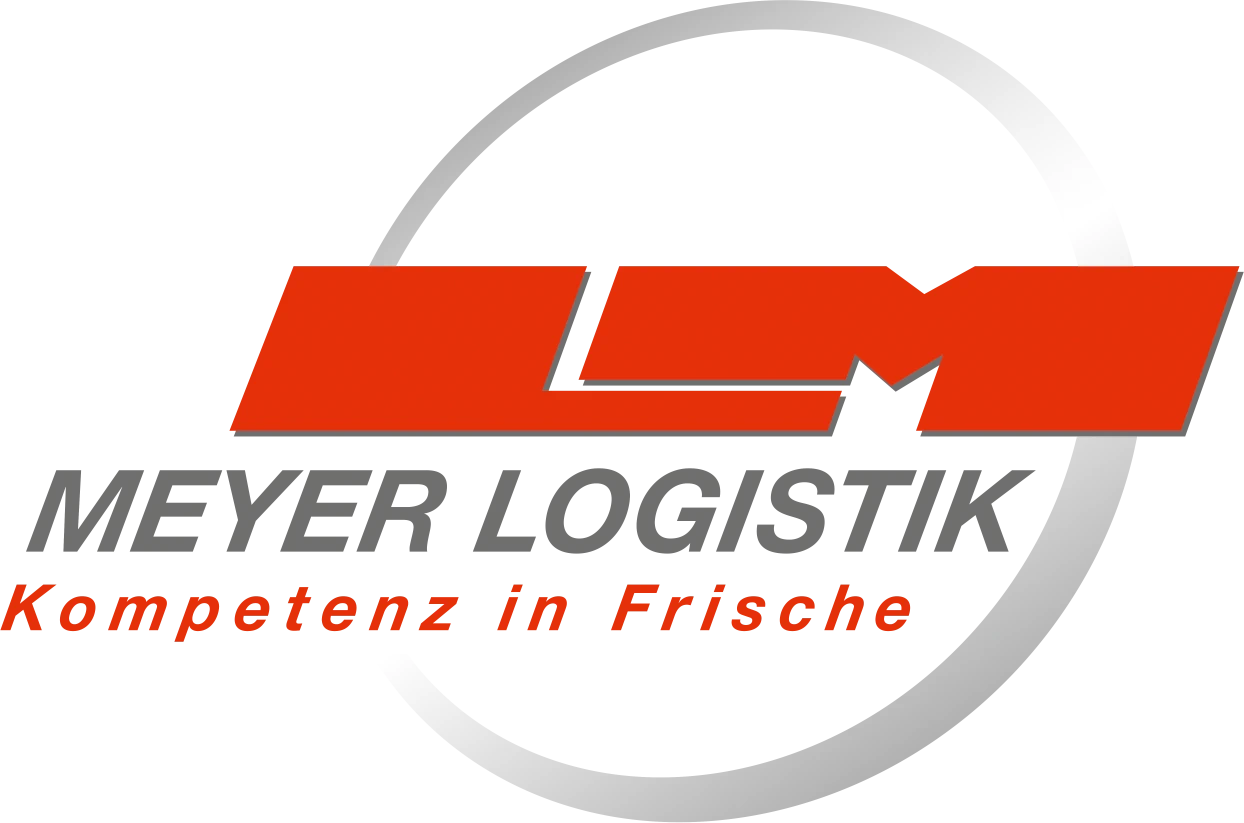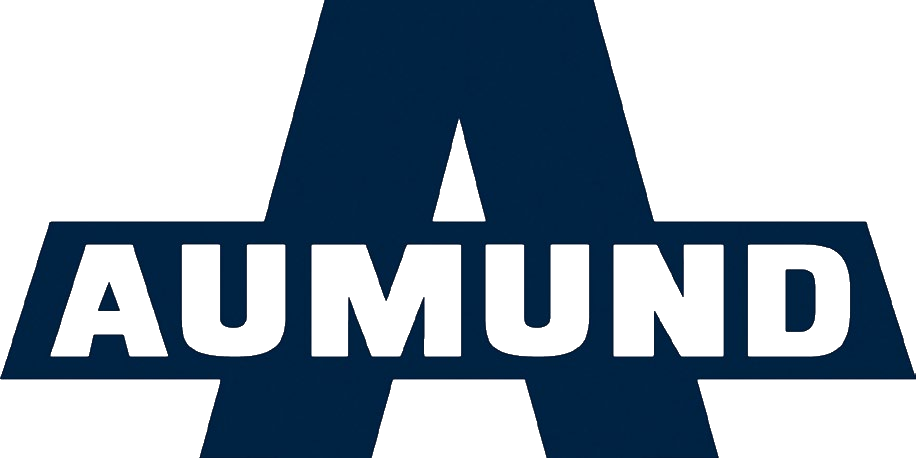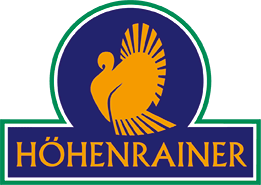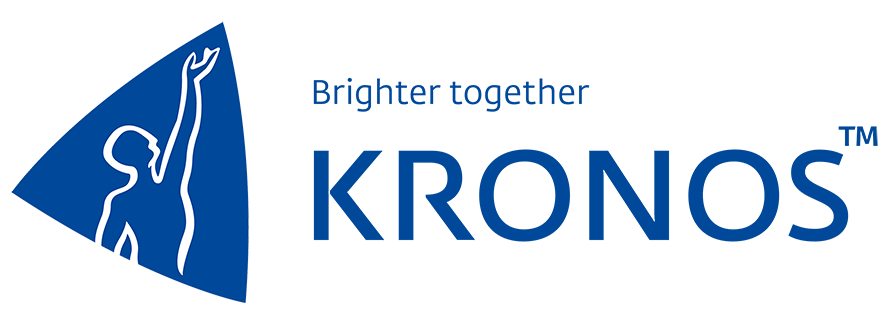Sustainable Supply Chain Management SSCM Guidelines and Standards Form
Establishes guidelines and standards for sustainable supply chain management, ensuring environmentally responsible and socially equitable practices throughout the entire procurement process.
Organizational Commitment Step
Sustainable Procurement Practices Step
Supplier Selection and Qualification Step
Incentives and Rewards Step
Reporting and Monitoring Step
Training and Capacity Building Step
Stakeholder Engagement Step
Continuous Improvement Step
Expense Reduction
 34%
34% Development Speed
 87%
87% Team Productivity
 48%
48% Generate your Form with the help of AI
Type the name of the Form you need and leave the rest to us.
FAQ
How can I integrate this Form into my business?
You have 2 options:
1. Download the Form as PDF for Free and share it with your team for completion.
2. Use the Form directly within the Mobile2b Platform to optimize your business processes.
How many ready-to-use Forms do you offer?
We have a collection of over 3,000 ready-to-use fully customizable Forms, available with a single click.
What is the cost of using this Form on your platform?
Pricing is based on how often you use the Form each month.
For detailed information, please visit our pricing page.
What is Sustainable Supply Chain Management SSCM Guidelines and Standards Form?
Sustainable Supply Chain Management (SSCM) guidelines and standards form typically includes sections or questions related to:
- Environmental policies and practices
- Social responsibility and labor standards
- Risk management and governance
- Material sourcing and procurement
- Manufacturing and operations
- Logistics and transportation
- Packaging and product design
- Returns and end-of-life management
- Performance measurement and reporting
- Compliance with laws and regulations
This form helps companies assess their current practices against established sustainability standards, such as:
- Global Reporting Initiative (GRI)
- United Nations Guiding Principles on Business and Human Rights (UNGP)
- International Organization for Standardization (ISO) 26000
- Responsible Minerals Initiative (RMI)
- Fair Labor Association (FLA)
The goal is to identify areas for improvement, develop a roadmap for sustainability initiatives, and enhance the company's overall social and environmental responsibility.
How can implementing a Sustainable Supply Chain Management SSCM Guidelines and Standards Form benefit my organization?
Implementing sustainable supply chain management (SSCM) guidelines and standards forms can bring numerous benefits to an organization, including:
- Reduced environmental impact: Minimizing waste, energy consumption, and greenhouse gas emissions throughout the entire supply chain.
- Improved social responsibility: Ensuring fair labor practices, human rights, and safe working conditions among suppliers and their employees.
- Enhanced brand reputation: Demonstrating a commitment to sustainability and corporate social responsibility (CSR), which can lead to increased customer loyalty and trust.
- Increased operational efficiency: Streamlining logistics, reducing transportation costs, and optimizing inventory management through more sustainable practices.
- Cost savings: Reducing energy consumption, minimizing waste, and implementing eco-friendly packaging materials, all of which can lead to cost savings over time.
- Better risk management: Identifying and mitigating potential risks associated with supply chain disruptions, non-compliance, or reputational damage.
- Improved supplier relationships: Building trust and credibility with suppliers through transparent and collaborative SSCM practices.
- Access to new markets: Differentiating your organization in a competitive market by showcasing its commitment to sustainability and CSR, which can lead to new business opportunities.
- Regulatory compliance: Ensuring adherence to relevant laws, regulations, and industry standards related to environmental responsibility and social accountability.
- Informed decision-making: Providing data-driven insights to inform strategic decisions on sustainable supply chain practices, investments, and initiatives.
What are the key components of the Sustainable Supply Chain Management SSCM Guidelines and Standards Form?
The key components of the Sustainable Supply Chain Management (SSCM) Guidelines and Standards Form include:
• Environmental considerations • Social responsibility • Labor practices • Health and safety • Human rights • Ethics and compliance • Quality management • Risk assessment and mitigation • Reporting and transparency • Continuous improvement
 Fair Pricing Policy
Fair Pricing Policy




























 Made in Germany
Made in Germany Certified Security and Data Protection
Certified Security and Data Protection Active Support and Customer success
Active Support and Customer success Flexible and Fully customizable
Flexible and Fully customizable